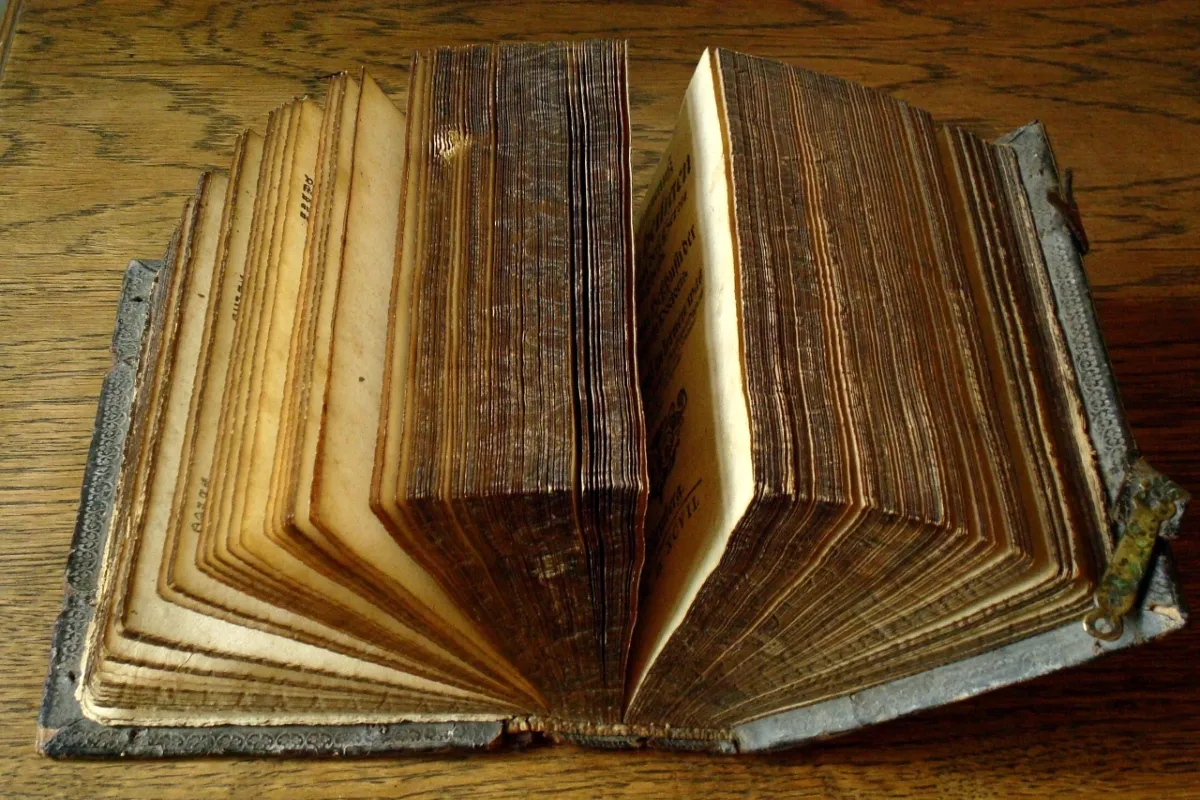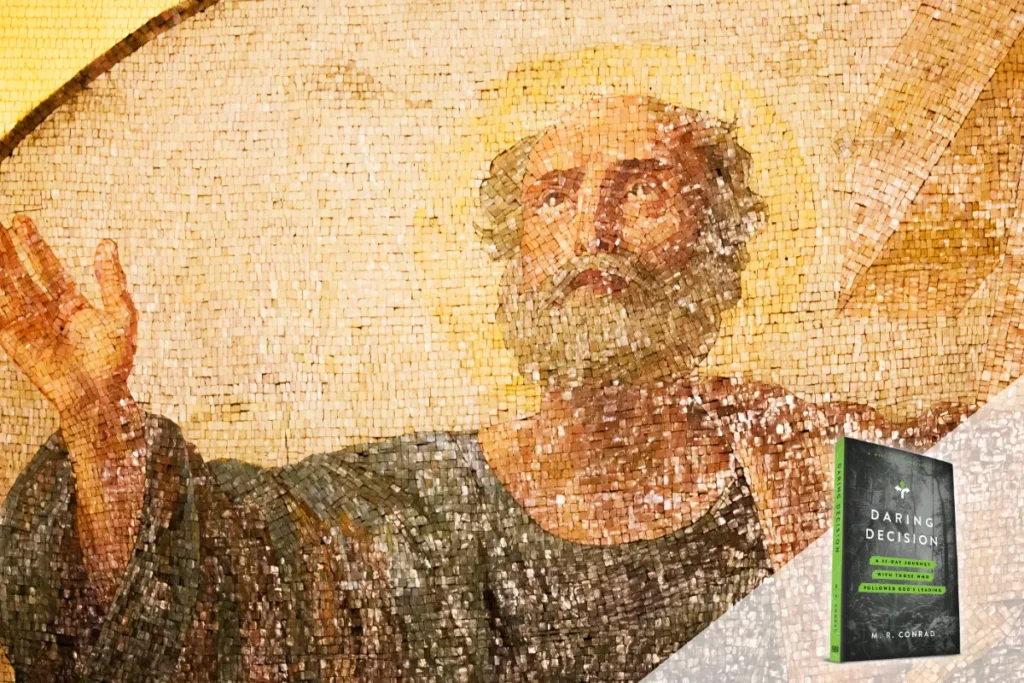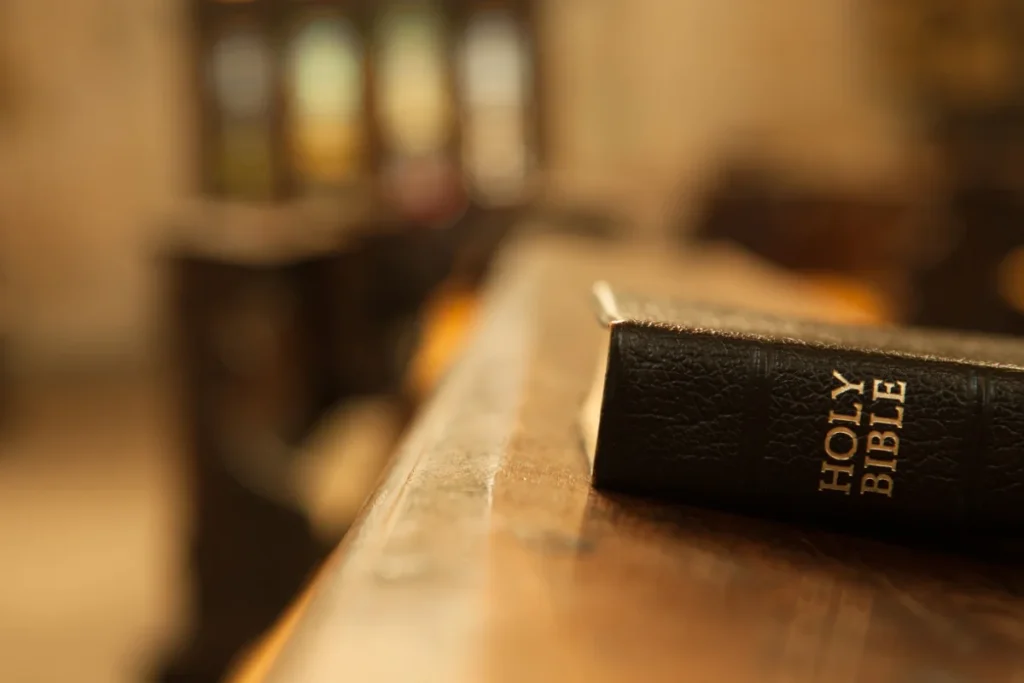
Blog
A Stack of Bibles

When I was a kid, we would say (rather irreverently, I admit), “I swear on a stack of Bibles.” The meaning was as clear as “I swear on my mother’s grave”: The speaker was telling the truth—or at least wanted you to believe he was. If swearing on one Bible in a court of law is good, swearing on a stack of Bibles must be better.
On this Reformation Day, it occurs to me that the idea of “a stack of Bibles” is a thoroughly modern concept. Most Christians through the centuries have had no access to one Bible, much less to many. The power behind the Reformation wasn’t theses, tracts, or even creeds. The power of the Reformation was the power of the Word of God, unleashed by being translated into the languages of common people. Whether it was Luther’s German translation, Calvin’s French translation, or Tyndale’s English translation (which resulted in his strangulation and burning), getting the Bible into the hands of normal people changed the world.
The power of the Reformation was the power of the Word of God in the hands of normal people
Yes, I have literal stacks of Bibles. I treasure my first Bible, a New Testament with a colorful cover of Jesus standing by the Sea of Galilee. I own a dizzying variety of English translations of the Bible. I own a Greek New Testament (which I can kind of read) and a Hebrew Old Testament (which looks good on my shelf). I’ve benefited from a plethora of Study Bibles, including Scofield, Ryrie, MacArthur, ESV, Reformation, Thompson Chain, and so on. Beyond these, I have Bibles on my computer, on my iPad, and on my phone. It’s almost embarrassing how many Bibles I have. It’s absolutely embarrassing how little I value them.
Christian, you probably have a stack of Bibles. Give thanks for them, mindful that men died to get them to you. Value them, knowing that there are still Christians in the world who don’t own even one. And by all means, read them!












